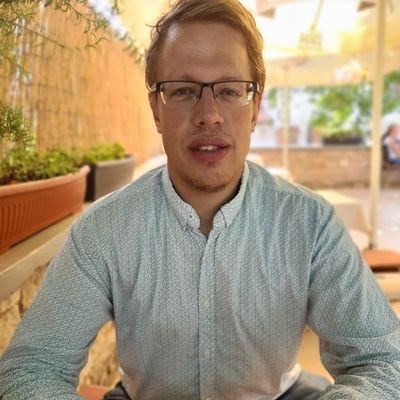Coming /home
FreeBSD 14.0-RELEASE annoucement is immiment. Due to faster (re)boot and related improvements by Colin Percival, this version made headlines in tech media even before it got released, which got me interested in trying it out on some of our machines. I installed the first beta on one of our servers and shortly afterward reported an upgrade bug, which got fixed during the beta cycle and was shipped as an errata in 13.2-RELEASE-p4 and 12.4-RELEASE-p6.
I was following the subsequent pre-releases with great interest as well. The final FreeBSD 14.0-RELEASE brings Clang/LLVM 16.0 (which we use in scientific software development and course teaching), OpenSSL 3.0, OpenZFS 2.2, Lua configuration support in the boot loader, upgraded WireGuard in the kernel wg driver, and plenty of other changes that are relevant to our usage. I found it well worth the time it took to go through these changes and learn what to expect from the release.


